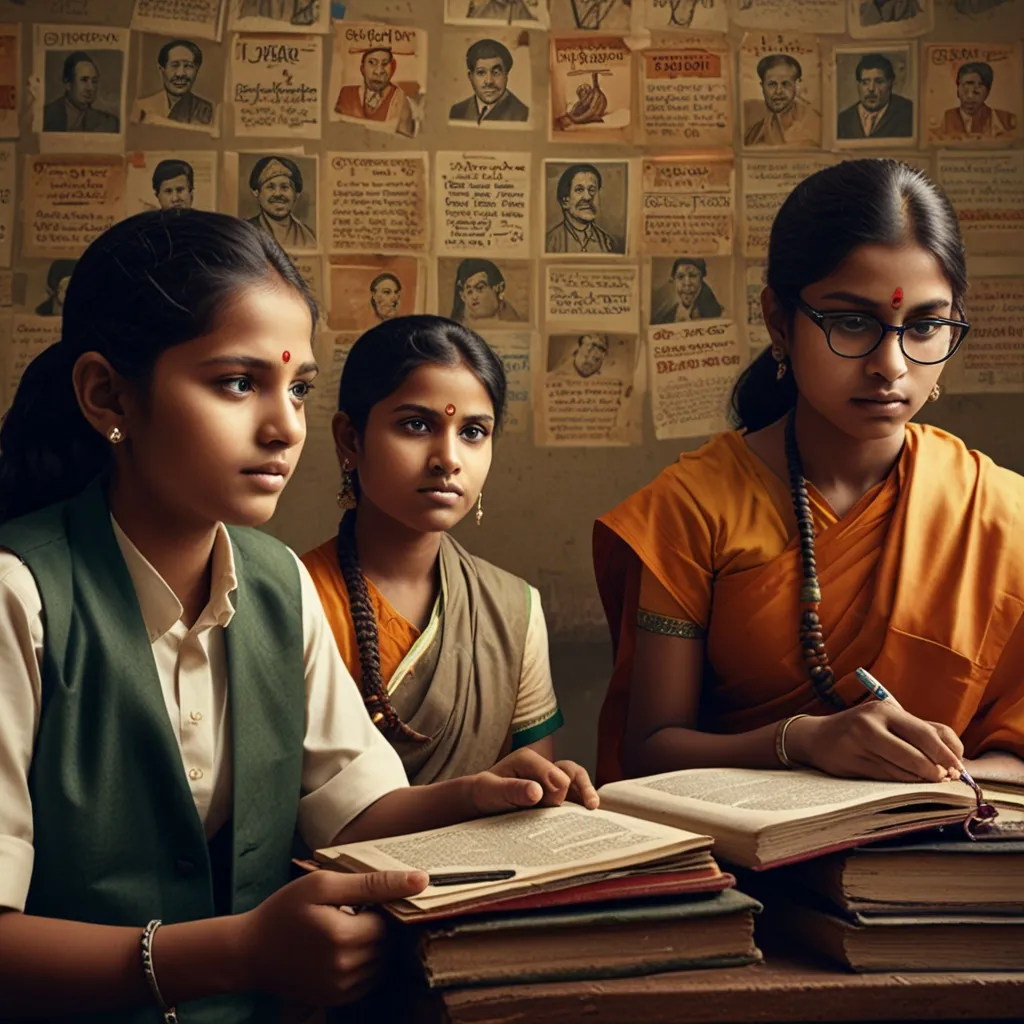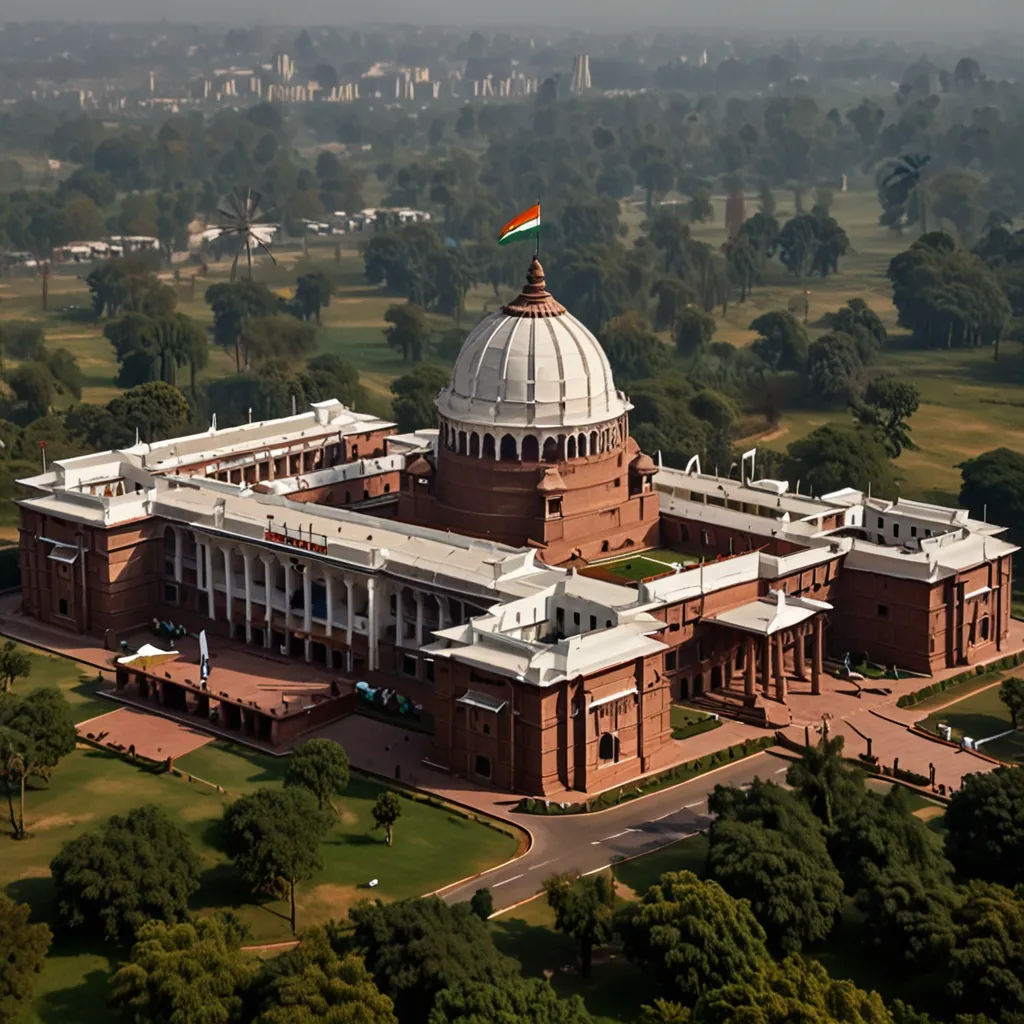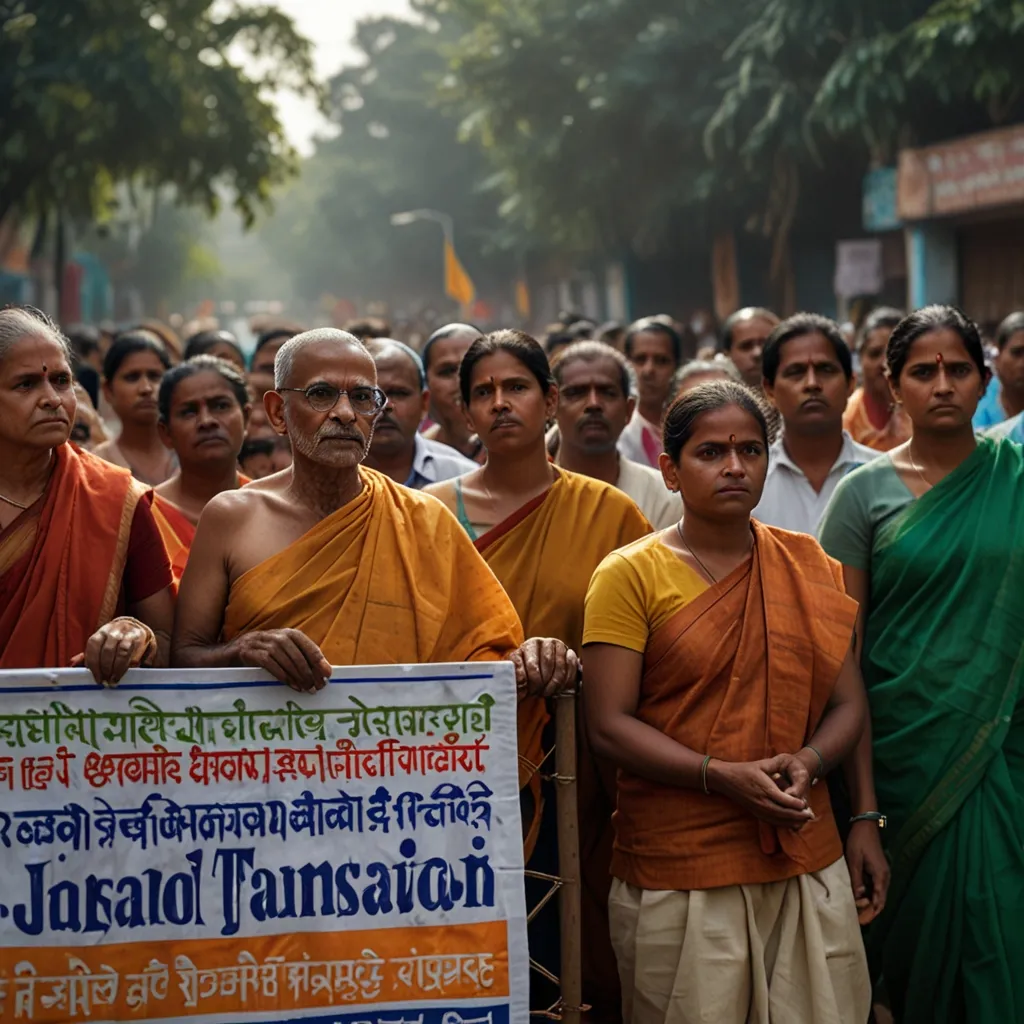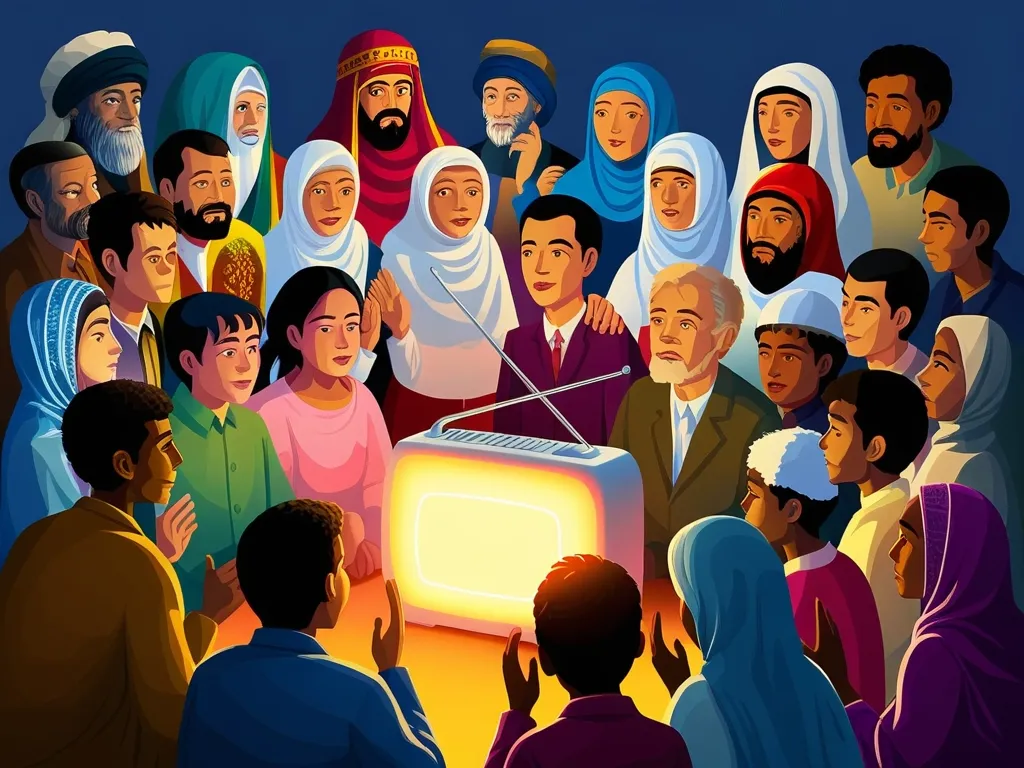Over the last decade, India’s political scene has seen some major shake-ups, heavily influenced by the rise of the Bharatiya Janata Party (BJP). Since they took power in 2014, the BJP has pushed a strong Hindu nationalist vibe, shifting away from India’s original secular promises.
A big part of this change includes what kids are learning in school. The government has faced accusations of rewriting history in textbooks to fit their Hindu-centric narrative, cutting down mentions of Muslim rulers like the Mughals and even scrubbing out bits about Gandhi’s stance against Hindu nationalism and the Gujarat riots of 2002. Critics are up in arms, saying this move twists India’s colorful and diverse past.
Changing textbooks isn’t just about history. It’s a strategy to shape young minds, promoting a sense of Hindu dominance and downplaying contributions from other communities, especially Muslims. Many historians and opposition voices argue this is all about using history as a tool for political wins.
The media hasn’t escaped untouched either. The government has pumped loads of money into ads across newspapers and TV, raising red flags about media independence. Journalists find themselves in the hot seat, constantly under watch for any sign of political bias. The divided media landscape makes it really tough for them to keep it real and report without fear.
BJP’s rise also owes a lot to the Rashtriya Swayamsevak Sangh (RSS), a militant Hindu group that’s given the party solid grassroots support. Together, they’ve moved Hindutva from the fringe to the front and center of Indian politics.
Tech has played its part too. With over 750 million smartphones in the country, India is super connected. The BJP has used this to their advantage, spreading their message far and wide like wildfire.
Despite all these changes, India still stands as a multicultural and multi-religious nation. People see the BJP’s success as a democratic wave that mirrors the values of a big chunk of the population. But, the debate continues about whether this shift is hurting secularism and sidelining minorities.
In a nutshell, the Indian political landscape has totally transformed over the last ten years, driven by the BJP’s Hindu nationalist push. From rewiring history and media polarization to using tech for political gain, these changes are shaping India’s present and future. Only time will tell how this will play out for the country’s dedication to being secular and diverse.






